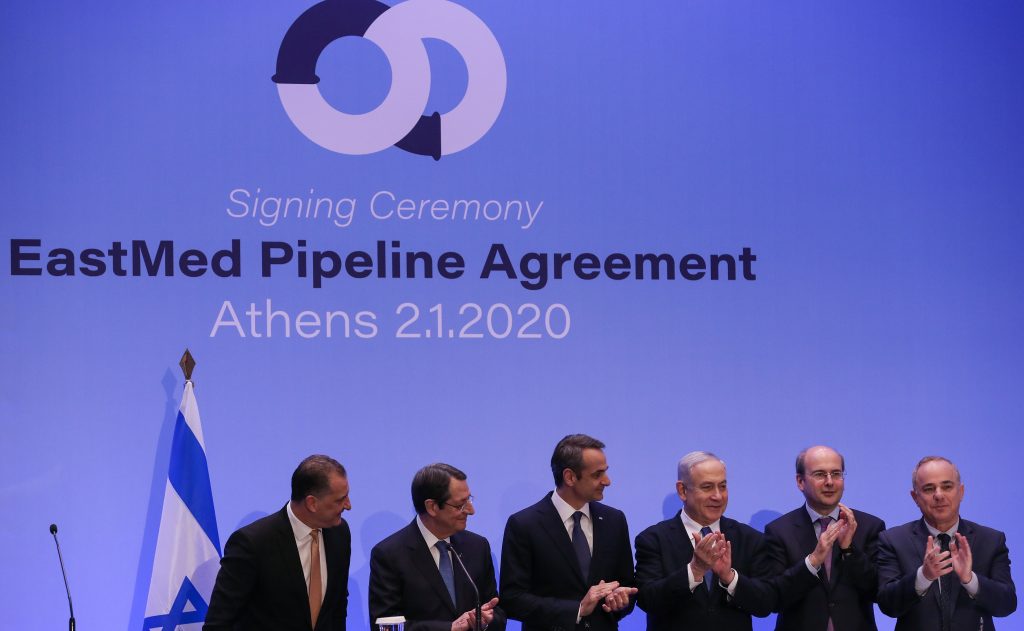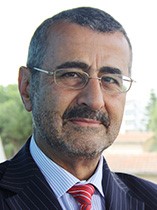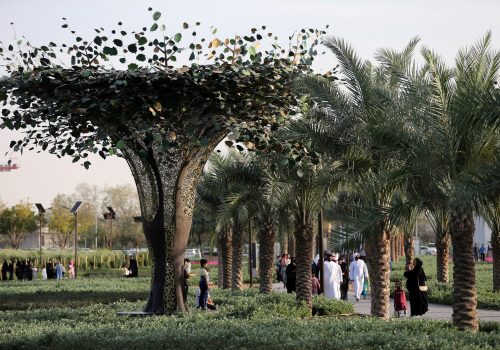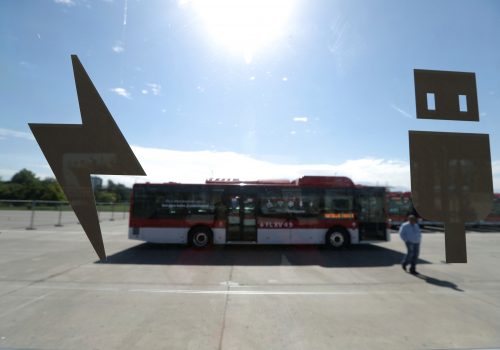Fossil fuel development in the Eastern Mediterranean is both laden with promise and fraught with tension. Member states of the East Mediterranean Gas Forum (EMGF) have established joint ventures for exploration and drilling, pipeline building, and LNG export across the region, creating an international web of proposed infrastructure to tap its abundant reserves. But Turkey has continued with its own development plans, often contesting EMGF members’ maritime claims. Complicating matters is the Cyprus question, with the nation—whose government is part of the EMGF yet unrecognized by Turkey—at the center of the physical infrastructure network and the political jockeying between rival countries.
The prize for successful development may be substantial. As Asian countries switch off coal, Europe looks to get out from under Russian gas hegemony, and the world reckons with gas’ place as a bridge fuel in the transition, East Med gas exporters have an opportunity to carve out a significant role in the energy mix. However, their success depends on the ability of global stakeholders to find solutions to the complex geopolitical problems that have paralyzed the region’s export potential to this point.
meet the author
related content

The Global Energy Center develops and promotes pragmatic and nonpartisan policy solutions designed to advance global energy security, enhance economic opportunity, and accelerate pathways to net-zero emissions.
stay connected
Subscribe to DirectCurrent
Sign up to receive our weekly DirectCurrent newsletter to stay up to date on the program’s work.
Image: (from L to R) Cypriot Energy Minister Yiorgos Lakkotrypis, Cypriot President Nicos Anastasiades, Greek Prime Minister Kyriakos Mitsotakis and Israeli Prime Minister Benjamin Netanyahu, Greek Energy Minister Kostis Hatzidakis and Israeli Minister of Energy and Water Yuval Steinitz pose for a picture following the signing of a deal to build the EastMed subsea pipeline to carry natural gas from the eastern Mediterranean to Europe, at the Zappeion Hall in Athens, Greece, January 2, 2020. REUTERS/Alkis Konstantinidis



